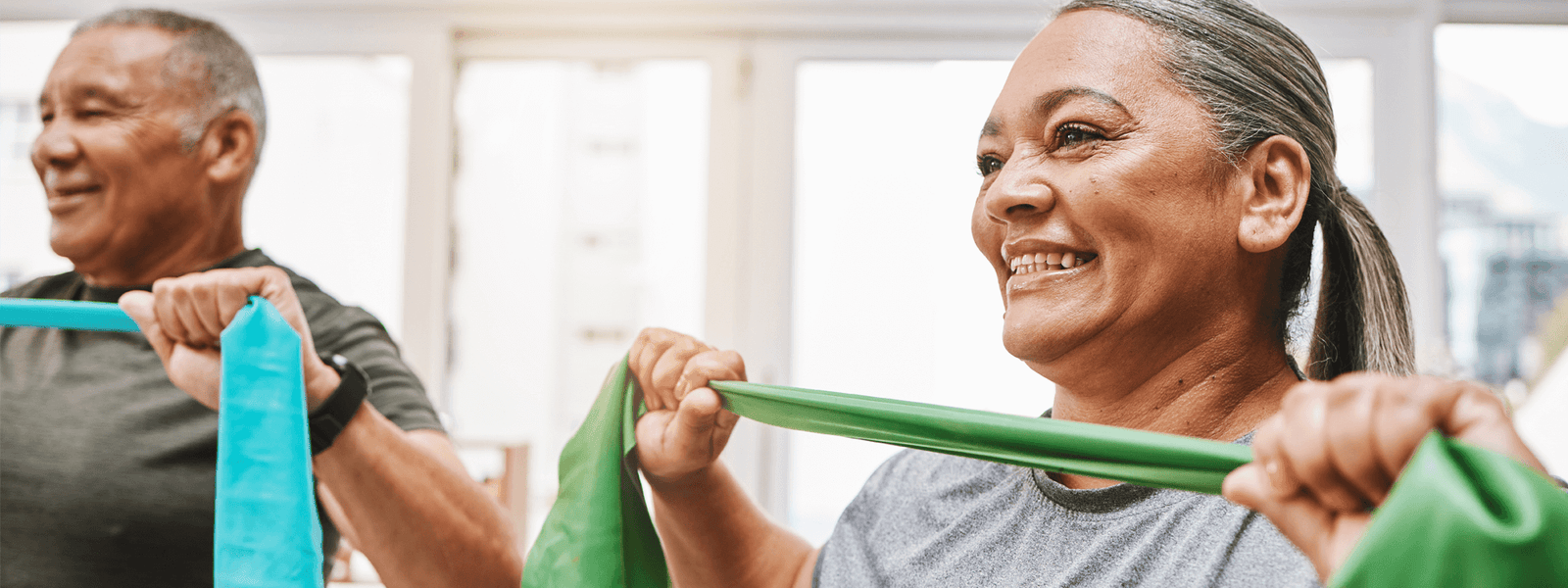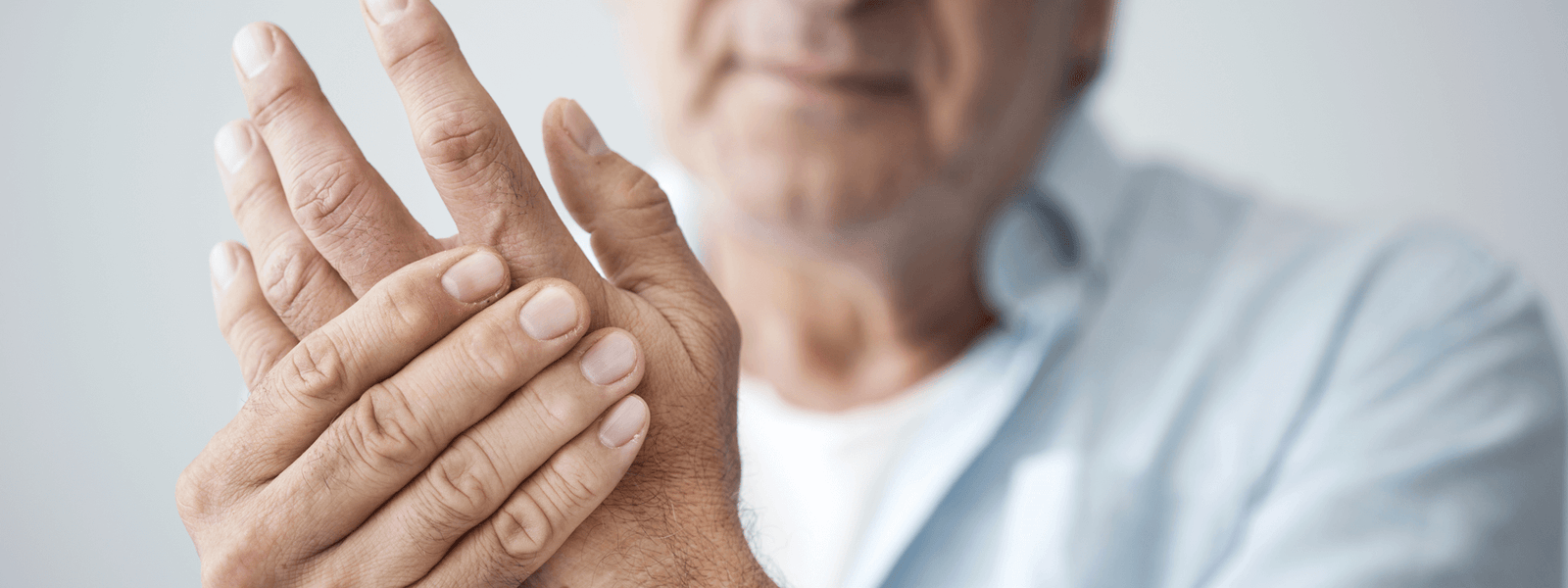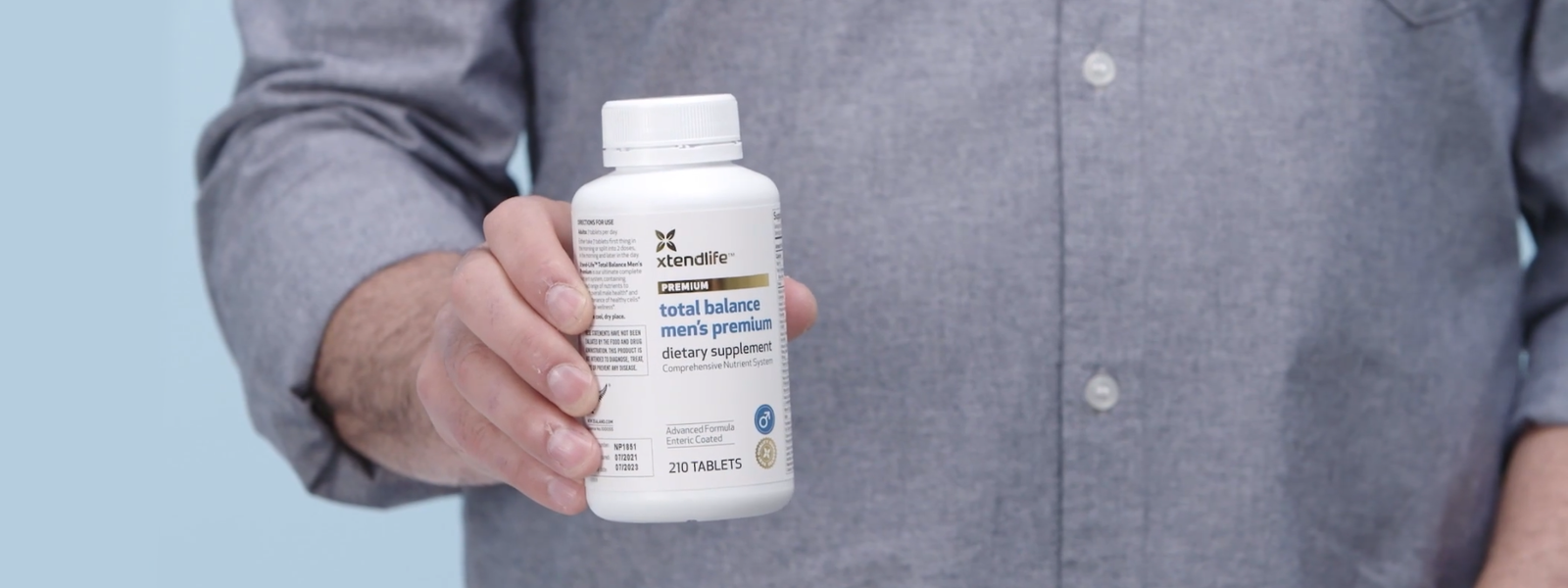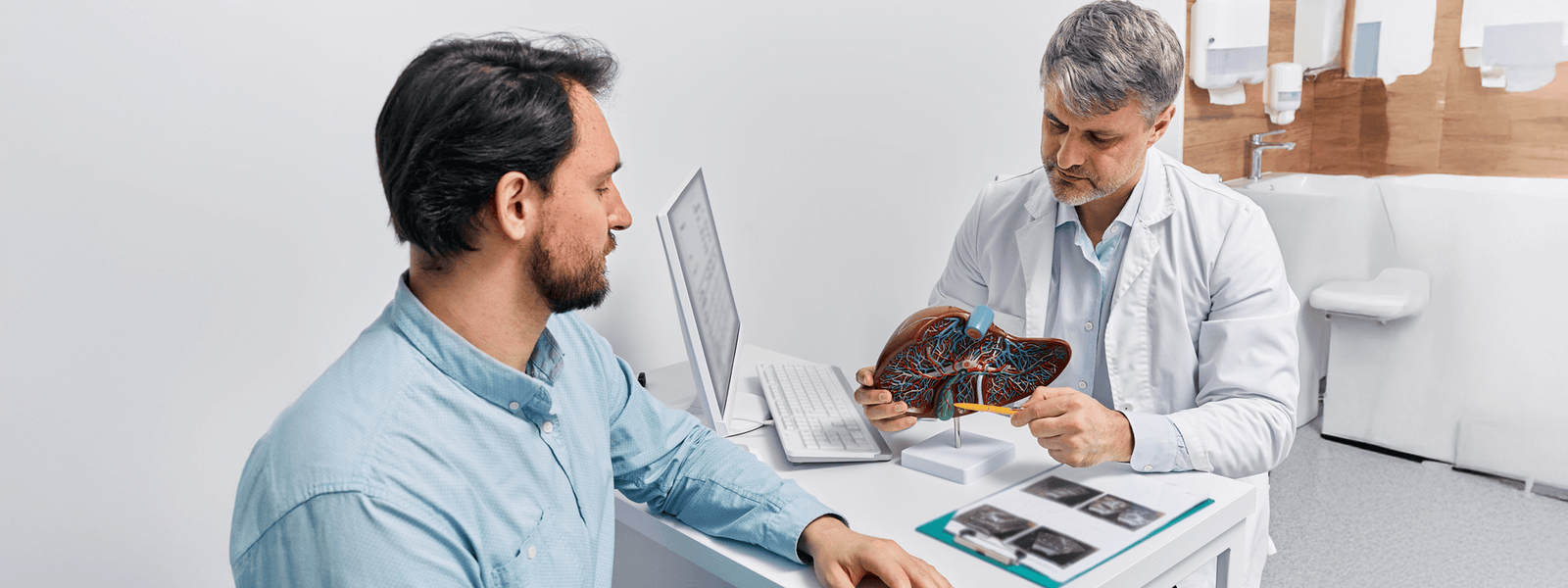It is easy for us to take our wellbeing for granted, especially if we have no immediate or obvious concerns that stop us in our tracks. But the age-old adage ‘prevention is better than the cure’ rings true for many facets of our health. One of these is the health of our skeleton, which we could simply not function without. It is vital that we appreciate the importance of taking care of our bones so that they can serve us well for many years to come.
Osteoporosis is something that most of us have heard of, but what many of us don’t know are the shocking statistics that result from osteoporosis.
Many of us don’t know that osteoporosis accounts for more days spent in the hospital than diabetes, heart attack, or breast cancer in women. I don’t know about you, but those are some concerning statistics, given that over 40 million people in the United States either already have osteoporosis, or are at high risk of suffering from it due to low bone mass.
While post-menopausal women are at the greatest risk of osteoporosis, it is still crucial that both men and women of all ages recognise the importance of bone health. We need to break the misconception that taking care of our bones is only for the “oldies”, because it’s actually important for all of us. The best approach is to start taking preventative measures now to ensure optimal skeletal health, not only for today but in the years to come as well.
Bone health in those younger than 50 or 60 has not always been a focus by doctors and in relation to these statistics show that the number of hip fractures in the United States could be tripled by 2020. While those statistics may sound worrying, the good news is that you don’t have to be a part of it. Prevention is the key and may be easier than you think. Read on for some of the best ways to reduce your risk of osteoporosis.
1. Increase Calcium
Maintaining a healthy diet rich in fresh, whole foods that includes sufficient calcium is an important factor. The most easily absorbed forms are found in dairy products like milk, cheese and yogurt. For those who are lactose intolerant or choose not to eat dairy, other good choices to up your calcium intake are collard greens, broccoli, kale, figs, sardines and almonds.
2. Stay Active
Vitamin D is essential for helping the bones to absorb and retain calcium, and the best source comes from the sun, giving you a great reason to get outside and be active. Getting some sunshine in the early and late hours of the day avoids damaging UV rays but still helps to increase your vitamin D levels Exercise also helps your bones grow stronger because the muscles pull against the skeleton as you move. The best kinds of exercise for building and maintaining bone density are weight-bearing and resistance exercises such as lifting weights, hiking or tennis. Muscle-strengthening exercises such as yoga, jogging, stair climbing and dancing are also excellent options.
3. Avoid Losing Calcium
Increasing calcium in your diet is a great step for supporting healthy bones. But helping your body to retain it also needs to be considered.
Popular carbonated soft drinks contain phosphoric acid which may weaken the intestinal lining and affect the absorption of calcium. Drinking seven or more colas a week is also associated with a reduction of bone mineral density and an increased risk of fractures.3.2. High sodium intake can contribute to calcium excretion through the kidneys. The American Heart Association suggests taking in less than 1,500 mg of sodium daily.
Avoid going overboard on sugar as excess sugar inhibits calcium absorption and depletes phosphorus, which is important in facilitating the absorption of calcium.
While caffeine may help with keeping you awake through your morning meeting, it leaches calcium from bones with some researchers suggesting that roughly 6 mg of calcium is lost for every 100 mg of caffeine ingested.
4. Supplement Wisely
Obtaining as many nutrients as we can from our diet is the best place to start, but we can all do with a little helping hand. Supplements are a good option, but choosing one containing a natural, bioavailable form of calcium that is actually able to be absorbed by the bones is an important consideration.. Xtendlife’s Bone-Support contains calcium sourced from marine and plant sources, which are preferable over lesser quality synthetic forms found in other brands. We have also combined it with essential co-factors such as Vitamin K2, Vitamin D3 and Magnesium to enhance the efficacy and absorption of the calcium. Cheaper forms of calcium are not well-recognized by the body, so not as easily absorbed into the bones. They can end up circulating in the blood stream and calcifying in the arteries, which may lead to increased risk of cardiovascular disease.
Optimal bone strength also relies on optimally functioning muscles and joints, so we cannot forget to focus on this too, especially as we age. A fantastic option for supporting flexible, lubricated joints and protecting cartilage is our Green Lipped Mussel Powder. Stiff muscles and painful joints are no fun, so providing some added support is the way to go. This also makes it more likely for us to engage in exercise, which as I have mentioned is important for bone health.
The mantra ‘prevention is better than the cure’ can be applied to many areas of our health and is especially relevant in regards to our bones. Taking action now by adopting some of this advice will place you in good stead to maintain strong, healthy bones for many years to come. It is never too early to start in laying the foundation for s strong, resilient skeleton. The earlier the better, but it is never too late either, and any changes you can incorporate into your lifestyle are always worth the effort.
In good health.


 Supplements
Supplements Superfoods
Superfoods Bundles
Bundles


























